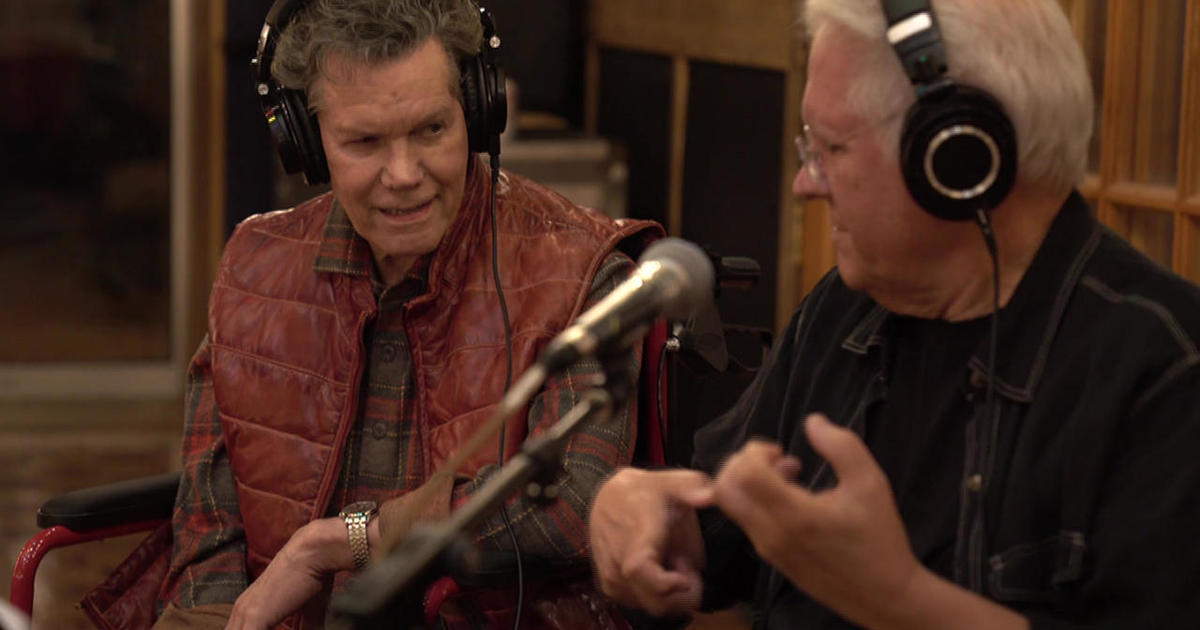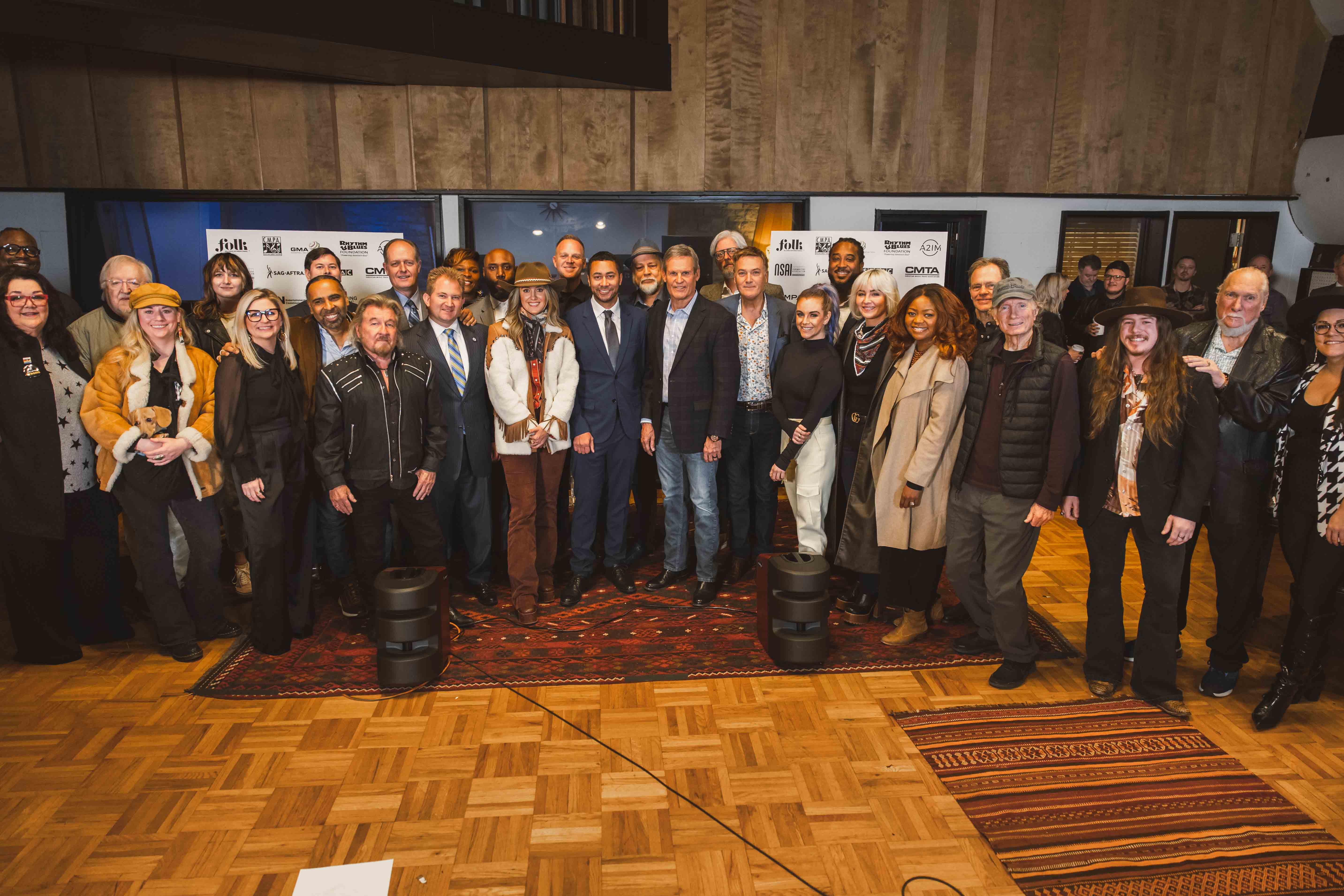That puts us dangerously close to the Holodecks of Star Trek: TNG. I've always thought they were super neat, but seeing as now that some version of that fictional concept is actually approaching reality – in this super commercialized world – I'm not looking forward to it, because all the multi billion and trillion dollar tech companies are going to do everything they can to monetize and commercialize it to the fullest, creepiest extent possible, at the general public's expense, which is something that I find quite disgusting. So much so, in fact, that I'm starting to wonder if the world would've been better off if the Internet had never been invented. Commercialization was bad enough before, but it was manageable. Now it's just absolutely insane.In a few years, holograms and AI will be put together. Even if I'm still around to see it, I don't want to.
c






